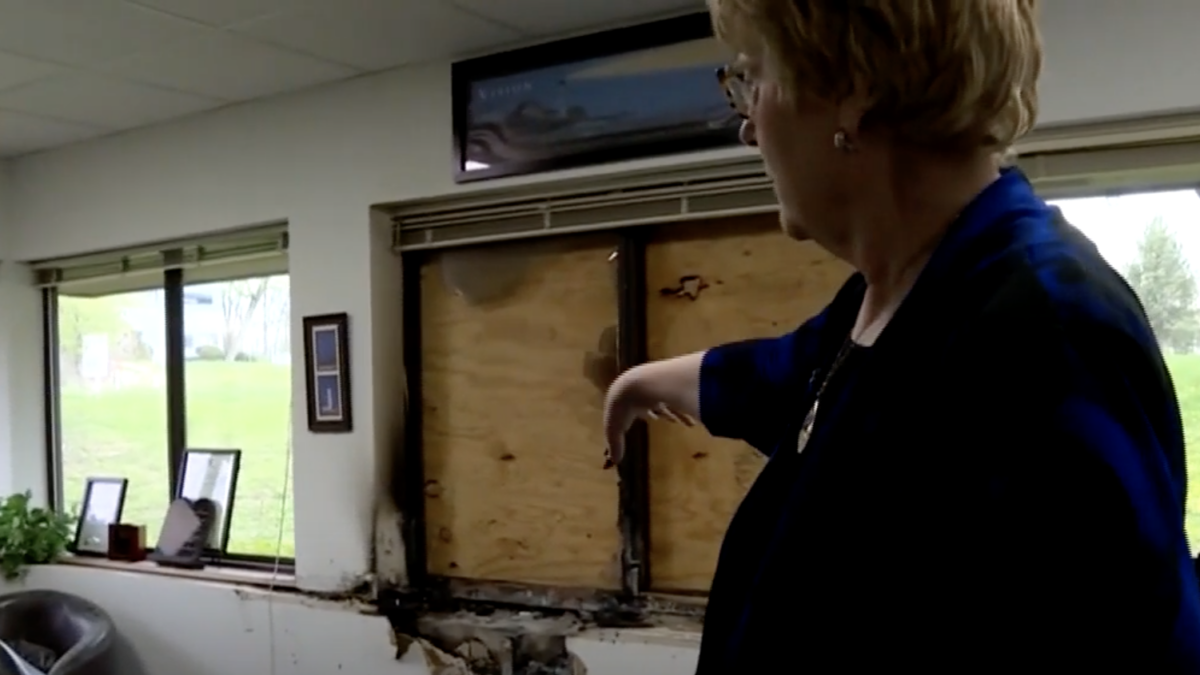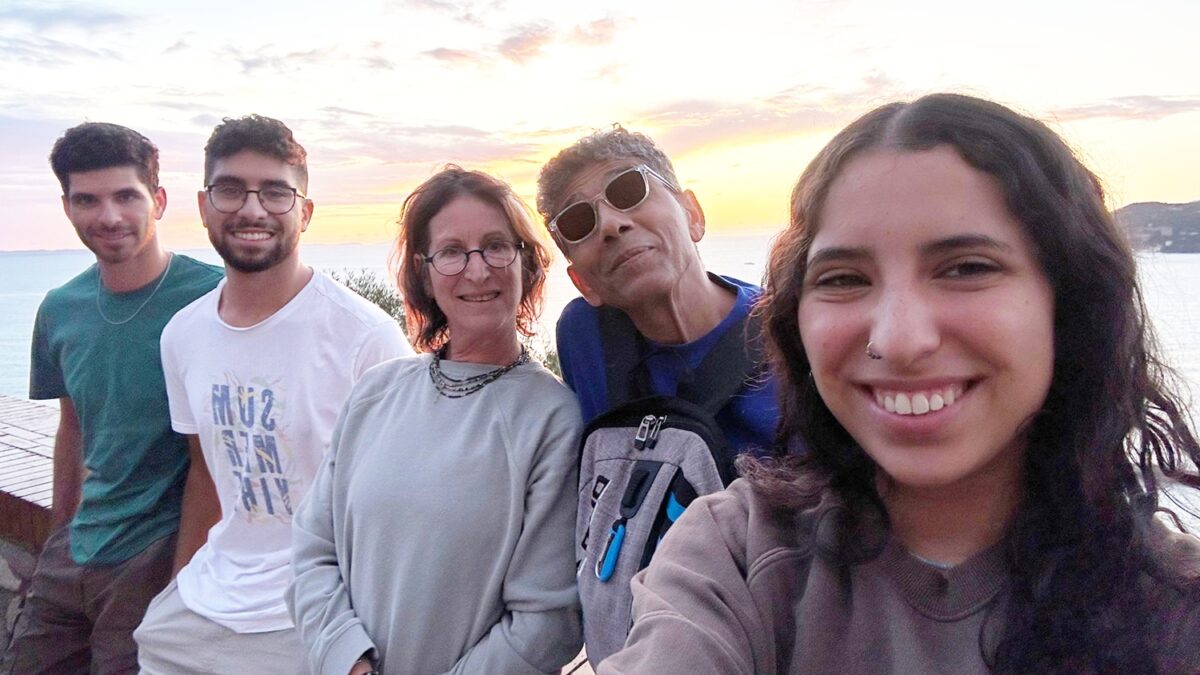
The latest news out of Brussels shows that Europe is not prepared to deal with radical Islam in its cities or ISIS cells across the continent. It also shows that to stop radical Islamic terrorism, Europeans will have to confront the contradictions at the heart of the European project.
The reported failures of Belgium’s intelligence agencies to date have been appalling. But given the country’s byzantine legal system and lax security, they have hardly been surprising. The latest news, however, is shocking. It appears the Brussels attacks might have been carried out by the same ISIS cell that struck Paris in November.
A Belgian judge in charge of the investigation into the Paris attacks issued an arrest warrant in December for Khalid el-Bakraoui, who blew himself up at a subway station near EU headquarters on Tuesday. Another man, Najim Laachraoui, may have built the explosive vests used last year in Paris. He was the second man who blew himself up Tuesday at the Brussels airport.
This news comes with the revelation that el-Bakraoui’s brother, Ibrahim, who also blew himself up at the airport, was detained in Turkey last summer and deported to the Netherlands with a warning to Belgian officials that he was a foreign terrorist fighter. Belgium did nothing, and allowed him back into the country. On Thursday, Koen Geens, Belgium’s justice minister, told reporters he had no idea that el-Bakraoui had been deported by Turkey.
European Security Measures Are Inadequate
The incompetence of Belgian officialdom would be comical if it hadn’t turned out to be so deadly. It’s not like they didn’t have time to put security measures in place. Days after the Paris attacks in November, the government announced 18 counterterrorism measures to improve security, like the ability to tap the phones of radical imams or allow 24-hour house searches in terrorism investigations. (One of the reasons authorities believe Salah Abdeslam, one of the suspected Paris attackers, slipped through a security net is because Belgian law prohibits house searches between 9 p.m. and 5 a.m. He hid in Brussels for four months before he was caught last week.)
But even if the measures pass it’s doubtful any of it will go far enough. European countries like Belgium will have to change how they think about isolated Muslim communities—and how they think about European society at large. That appears to be the one thing they aren’t prepared to do.
Johan Verbeke, Belgium’s ambassador to the United States, on Thursday told NPR that Belgium is “an extremely open country” that will not “close its windows to the world because it’s not in our mindset. We live as world citizens and we are not going to change our lives because a bunch of terrorists are making our life difficult.”
That’s a fine sentiment, but it doesn’t do much for the people killed in Tuesday’s attacks, or the Paris attacks, or their families, or the people who will die in future attacks. Europe now faces a reckoning. Some 5,000 EU citizens have traveled to Syria to join ISIS. When ISIS is eventually deprived of territory, it will change its tactics.
Since ISIS has already shown that targeting Europe is a strategic priority, you can imagine what it might do in response to territorial losses in Syria and Iraq: send European fighters home to wage jihad in Europe. Some reports indicate hundreds have already come back. If a single ISIS cell in Belgium can pull off attacks in Paris and Brussels, imagine what hundreds of cells across the continent could do.
In the near-term, European authorities must implement the kinds of old-school police measures adopted by the New York City Police Department in 2003, like surveillance and undercover agents. Those methods might be hard for some Americans to stomach, as Sen Ted Cruz found out this week when he called for the need to “empower law enforcement to patrol and secure Muslims neighborhoods before they become radicalized.”
But, as David Marcus noted, NYPD’s methods were both legal and successful—and in fact they were the same tactics used to take down the Mafia in the 1970s and ‘80s. That’s the approach European countries will have to take if they want to stop terror attacks in the coming years. They’ll need Muslim Donnie Brascos.
Is the European Union a State, Or Not?
But that won’t be enough. In the long term, European leaders will have to admit not only the scale of the threat they face, but that they themselves created the threat by turning a blind eye to radical Islam lurking in unassimilated Muslim neighborhoods.
Since the end of the Cold War, European leaders have convinced themselves that there’s no need to invest in security because all major world conflicts have been resolved. They are done with history, all that remains is to perfect the welfare state. The truth is that Europe faces not just the threat of terrorism, but a kind of simmering insurgency. And there are no easy, or perhaps even tolerable, solutions.
One way or another, Europe will have to confront a question it has been avoiding for more than a generation: is the EU a state, or not? If so, it must begin acting like one, with all the attendant coordination of security services and immigration policies you would expect from a large state. If not, then individual European countries will have to figure out how to deal with what amounts to radical Islamic insurgencies in their cities.
That is something to fear, and not just because of terrorism itself. Europe has a long and bloody history of putting down insurgencies, and it would be a grave mistake for Europe’s leaders to assume they couldn’t repeat that past.









